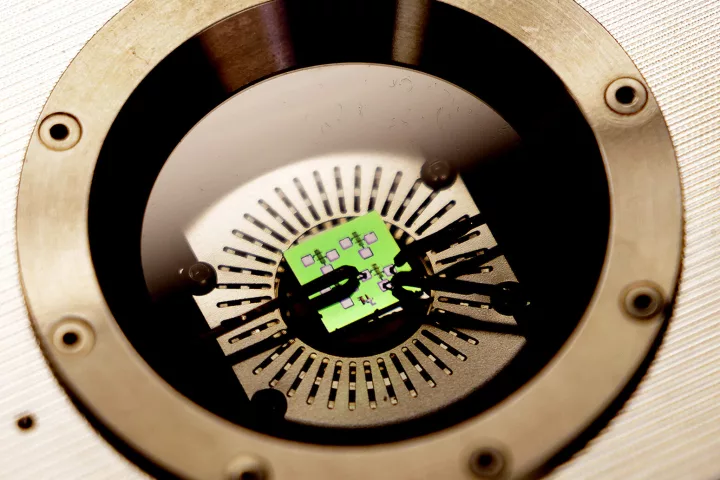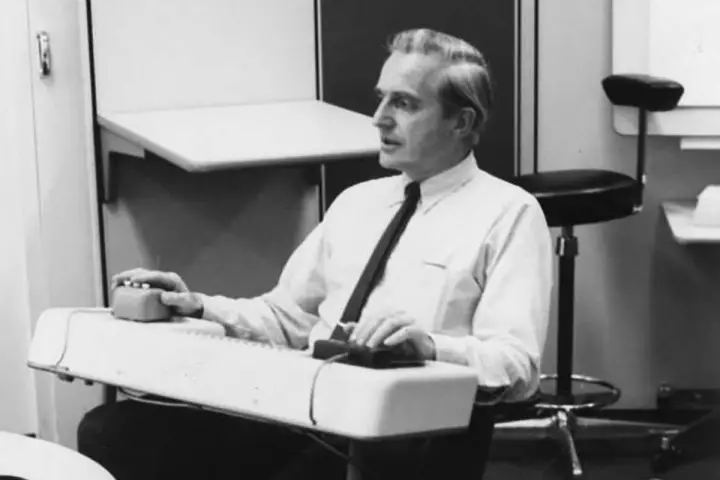Computers
-
AI tools like ChatGPT have changed our personal and professional worlds, with around 52% of American adults regularly using a large language model. But at what cost? A new study details the large environmental price we're paying for our AI assistants.
-
ChatGPT volunteered to play a 1977-vintage Atari 2600 to a game of chess and came to regret it after the eight-bit chess engine from the age of Disco Fever and the introduction of the Force did better than expected. A lot better.
-
A platinum fiddle that's just 35 microns in length and 13 microns in width is believed to be the world's smallest violin, measuring just a fraction of a microscopic tardigrade. But before you get too excited, there's one little twist …
-
Back in 2023, tech startup Sightful developed a hardware/software system that put a huge virtual computer screen in front of your eyes. Now the company has dropped the hardware component and tweaked the software to work with AI laptops.
-
If you're lucky enough to work away from the home and office, you'll be aware of the extra challenges it entails – like finding reliable Wi-Fi and adequate screen space. This impressive new high-definition display unit solves one of these problems.
-
Amazon has unveiled its first quantum computing chip today, after four years in the making. Dubbed Ocelot, it uses 'cat qubits' for improved error correction, and could lead to cheaper practical quantum computing in the years to come.
-
E Ink is a good shout for reading text on a small screen for long periods, but if you want to work on larger displays with moving imagery, technologies like LCD and OLED are a better way to go. Taiwan's Hannspree is aiming for the middle ground.
-
Computers generally go a bit wonky when you stick them in the oven for a bit, but engineers at the University of Michigan are looking to change that by developing a new computer memory that can run at the temperature of molten lead.
-
We recently sat down with Adam Khan of Diamond Quanta – the company that wants to replace the silicon chip with ones made from diamond. We discussed the reason for this glittering idea, the challenges it presents, and the implications of the technology.
-
A full DNA computer is a step closer, thanks to a new technology that could store petabytes of data in DNA for thousands or even millions of years. The system can also process data, as demonstrated by solving sudoku puzzles.
-
The computer mouse changed the world. Apple & Microsoft pioneered the mouse to global adoption. Now one of the very first batch is going to auction ...
-
Silicon is so important for electronics and computing that it’s become synonymous with technology, but the stuff has its flaws. Now scientists have created a way to make super-pure silicon chips that could pave the way for stable quantum computers.
Load More









